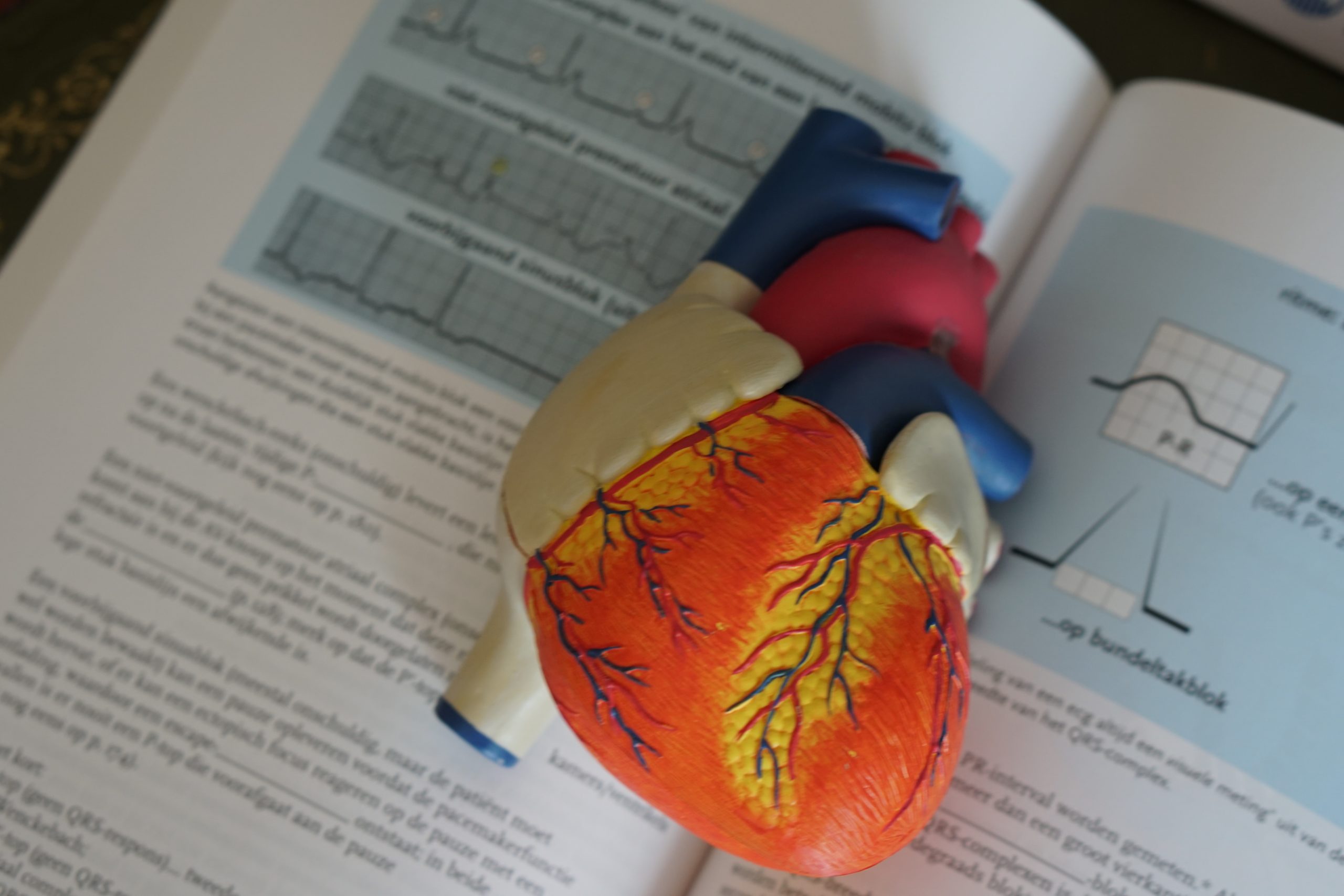
A Massachusetts bill would reduce inmates’ penalties for organ donation
It seems like a drastic measure, but a proposed Massachusetts bill could help reduce inmates’ sentences if they are willing to donate their organs or bone marrow. Find out more in this article about the potential implications of this bill and how it could impact the prison system in the state.
The bill, which was filed by Democratic state Representatives Carlos Gonzalez and David Rosa, would allow inmates to have their sentences reduced by up to five years if they agree to donate one of their organs. The bill has been met with some criticism, with some arguing that it could incentivize inmates to harm themselves in order to get a shorter sentence. However, supporters of the bill argue that it could help save the lives of those who are waiting for an organ transplant.
There are some who are concerned that this bill could lead to prisoners being coerced into giving up their organs. However, the bill includes safeguards to ensure that this does not happen. Inmates would only be able to volunteer for the program, and they would have to undergo a psychological evaluation to ensure that they are making the decision voluntarily.
There are a few potential challenges with implementing this bill. First, it would be difficult to ensure that inmates who volunteer to donate organs are not coerced into doing so. Second, there could be ethical concerns about taking organs from prisoners who may not be able to give consent. Finally, there is the possibility that inmates would be given preferential treatment in terms of sentence reduction in exchange for organs, which could create a two-tiered system within the prison population.
This proposed Massachusetts bill is an innovative solution to the organ shortage crisis that our nation faces today. By incentivizing inmates with shorter sentences, this bill could potentially provide much-needed organs for those who are desperately waiting. The state of Massachusetts should be commended for their effort in attempting to tackle a nationwide issue and we hope that other states will follow suit in order to save lives and reduce suffering.




